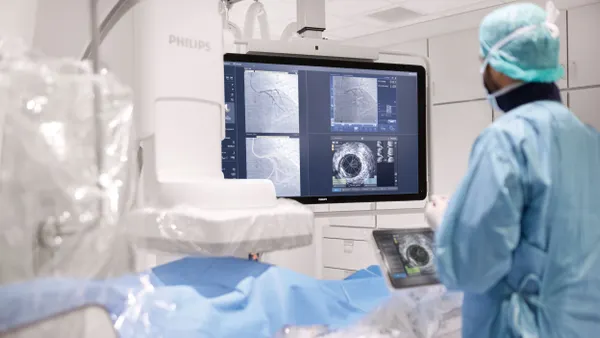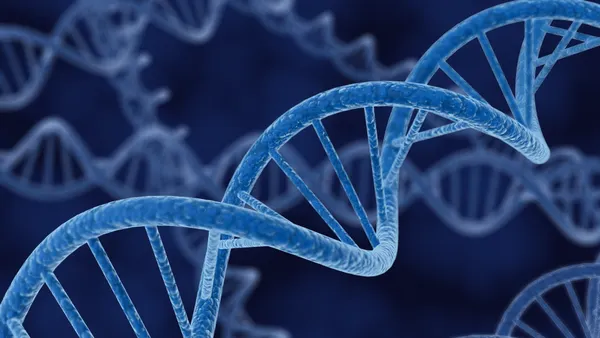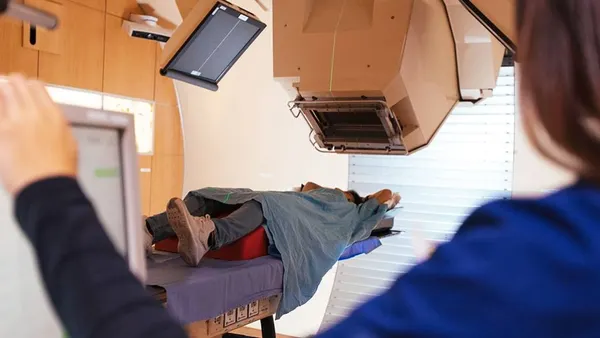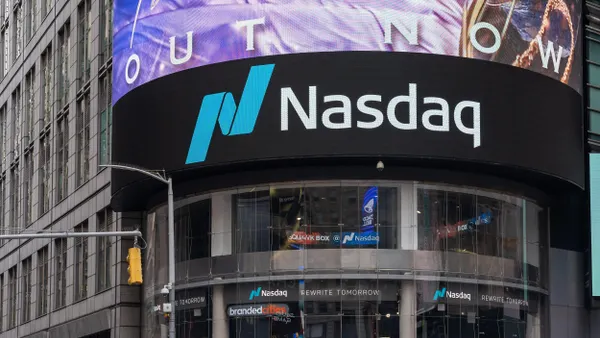Dive Brief:
-
Grail announced Thursday a commercial partnership with the U.K. government that could lead to the routine use of its liquid biopsy throughout the nation.
-
Starting in 2021, the U.K.’s National Health Service (NHS) will assess multi-cancer early detection blood test Galleri in 165,000 people, potentially before scaling up to routine use in the coming years.
-
The agreement gives Grail the chance to validate its test in the real world and secure longer-term use in the U.K., boosting its prospects in a liquid biopsy market that looks set to be fiercely competitive.
Dive Insight:
Grail, which Illumina is set to buy for $8 billion, is developing Galleri to detect more cancers at earlier stages when they are easier to treat. The goal is to thereby reduce morbidity, mortality and healthcare costs.
However, Grail expects it will take time to persuade payers of the value of asymptomatic screening using its technology. The initial plan in the U.S. is to target the 40 million patients who undergo standard-of-care cancer screening.
The government-funded single payer systems common in Europe typically demand at least as much evidence of value as their U.S. counterparts. However, having set itself the target of detecting three-quarters of all cancers at an early stage by 2028, the U.K. is an early adopter of Galleri, albeit initially on a small scale.
To start, the U.K. will use Galleri to assess the test in two groups of people. The NHS will test 140,000 people over 50 years old without any suspicion of cancer, plus 25,000 people aged over 40 years who have signs or symptoms of cancer. Depending on the findings, the NHS may expand the program to cover around one million people across 2024 and 2025.
The program may expand to a larger population further down the line. In theory, a far larger population than those targeted by the first two stages of the rollout could benefit from the test. Around 19 million people in the U.K. are 50 to 74 years old, the rough age range targeted by existing screening programs for breast cancer and bowel cancer in the country.
Generating data to persuade the NHS to expand use of Galleri to a larger proportion of that total addressable market would do more for Grail than just unlock the U.K. market; it would also give the company real-world evidence that may help negotiating with payers in other countries. Equally, the failure of Galleri to deliver value to the NHS could derail the test and hand the advantage to Grail’s rivals.
Exact Sciences is targeting the market, both through its internal R&D efforts and the $2.15 billion takeover of Thrive Earlier Detection, as are companies such as Freenome and Natera. Grail raised billions to develop and validate its test and, as part of Illumina, is set to continue investing. Yet, it is still uncertain whether it can translate likely first-mover advantage into lasting dominance. Grail plans to start selling Galleri in the U.S. next year.










